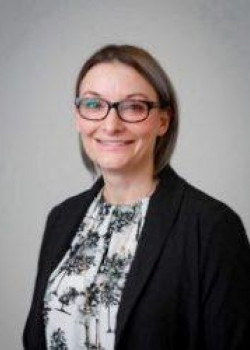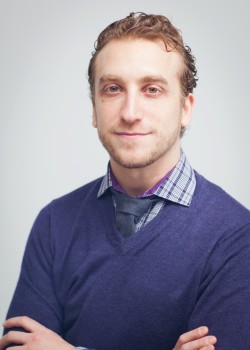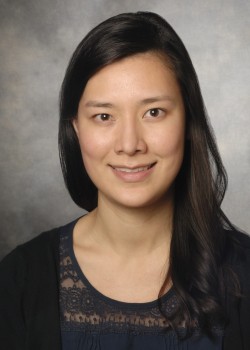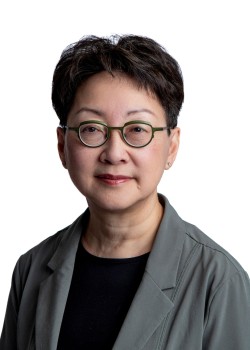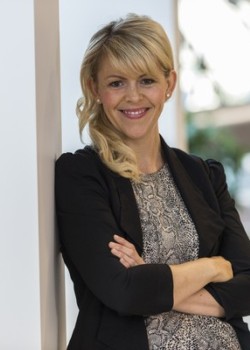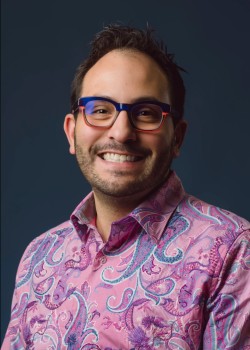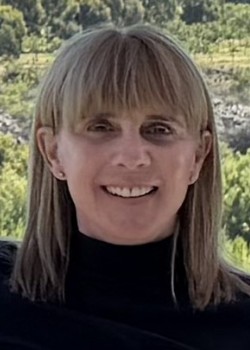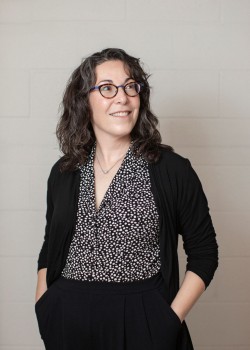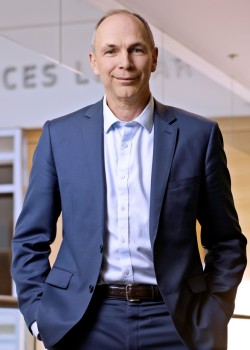Dr. Louis Hugo Francescutti’s journey into medicine was shaped by his attraction to the raw intensity of human vulnerability. “Emergency medicine doesn’t allow you to hide - it exposes your limits and your potential,” he says. Over time, Dr. Francescutti came to realize that many of the “emergencies” he encountered could have been prevented with earlier attention to the needs of communities. This realization drove him toward public health and injury prevention, and later, to palliative care. “Medicine gave me a voice; public health gave me purpose,” he reflects.
Dr. Francescutti’s decision to stay in Alberta for his practice was influenced by both personal and professional factors. “I came for the blue skies and stayed for the people,” he says. “Alberta is a place that rewards bold ideas - as long as you’re willing to work for them. It’s where we built Bridge Healing from scratch, helped ban cellphones while driving and challenged how we care for patients who live in poverty. Alberta didn’t just shape my career - it sharpened it.” he shares.
One of the greatest challenges Dr. Francescutti has faced throughout his career is indifference. “Systems that resist change. Colleagues who say ‘that’s not our job,’” he says. But for him, challenges are invitations to lead. “I’ve learned that you don’t wait for permission to make a difference - you lead with compassion, data and relentless focus. If you’re not uncomfortable, you’re not growing.”
Dr. Francescutti credits residency with giving him the skills to survive, but he admits it didn’t always equip him to thrive. “Residency taught me to manage complexity, but rarely addressed the social forces shaping my patients’ lives,” he explains. “That’s where self-directed learning kicked in.” For Dr. Francescutti, residency was just the beginning. “Residency is a launchpad, not a destination. What you choose to do after will define the physician - and person - you become,” he adds.
Looking back at his early training, Dr. Francescutti remembers a pivotal moment that changed the way he thought about medicine and patient care. “One night early in my career, I realized we weren’t just treating broken bones - we were treating broken systems,” he recalls. “That moment rewired my thinking. From then on, every patient became a story about upstream failure and every discharge a chance to intervene differently.” For Dr. Francescutti, the ER doors may close behind the patients, but the responsibility doesn’t end there.
As he looks to the future of healthcare in Alberta, Dr. Francescutti is optimistic yet mindful of the challenges. “The future of healthcare in Alberta is unwritten - and it’s yours to write,” he says. “You will inherit not just a system, but its inequities, its missed opportunities and its potential.” He sees resident physicians as change agents, urging them to lead now. “Resident physicians are not trainees in waiting ... Don’t wait to be asked. Lead now. Advocate fiercely. Think boldly. Innovate with heart,” he urges.
One of Dr. Francescutti’s proudest accomplishment has been his commitment to speaking up for what’s right. “Whether it was advocating for safer roads, creating Bridge Healing for our homeless patients, or demanding accountability in leadership roles - I always believed that physicians have a duty to speak up, even when it’s inconvenient. Especially when it’s inconvenient.”
Mentors have also played a key role in shaping his approach to medicine, in ways that go beyond their qualifications. “My mentors weren’t always the ones with the longest CVs - they were the ones who listened,” he says. “Who walked into chaos with calm. Who weren’t afraid to say ‘I don’t know’ and then figure it out.” Through them, he learned that humility and humanity are not weaknesses in medicine - they are prerequisites.
His life outside of medicine has also influenced how he practices. “Being a physician has made me grateful - and vigilant. I’ve seen how fragile life is,” he shares. “That’s why I protect my time with family, floss obsessively and try to leave every organization better than I found it. Life outside of medicine reminds me that the best doctors are also fully human.”
Looking ahead, Dr. Francescutti’s message to the next generation of physicians is clear: “Your stethoscope is a powerful tool - but your voice is even more powerful,” he says. “Use it to advocate for justice, not just diagnoses. Be the physician who listens when others dismiss. Be the one who asks, ‘Why not?’ when others say, ‘We’ve always done it this way.’ Be kind. Be courageous. Be the change Alberta needs - and don’t forget to floss.”

